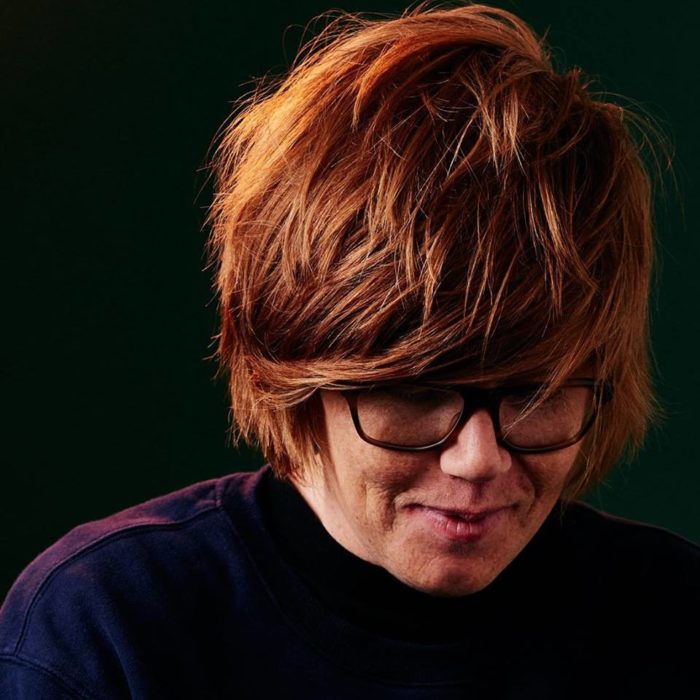“Ah, this is America,” Brett Dennen says on a late-summer day as he checks in from a Midwest stop on his extended “Good Vibes” tour with fellow organic-pop singer-songwriter Jason Mraz. “Real America, I’ve been told.” The 38-year-old, California-bred musician is touring behind his new EPs, Let’s… and Here’s Looking At You Kid, which he released in succession earlier this year in lieu of a proper, full-length LP. But, at the moment, he has the classic Simon & Garfunkel Bookends track “America” on his mind. “I just had a recent revelation about that song. I grew up listening to it and didn’t really know what it was about—sometimes you grow up with something and don’t really understand it, and then you figure it out later on. My interpretation is that it’s about how Simon & Garfunkel first had success in the U.K. instead of over here, because Paul Simon was living there. And then they came back to America to try to release their music and tour, and it’s about trying to break into America. There’s sarcasm in that song.”
Dennen is no stranger to the realities of the music business. He first made his name through a series of low-key folk albums, before being swept up with a wave of indie-leaning pop songwriters crossing over into the mainstream. Despite a few label changes and moments of self-discovery, Dennen has always followed his own path, veering away from the norm to explore jamband collaborations, more upbeat festival music and, on his new album, even modern hip-hop influences. For his EPs, he teamed with current tastemaker Dan Wilson and aimed to capture the immediacy and instant impact of the streaming generation. “I wanted something more immediate that fit the way people consume music now,” he admits. “That’s the main thing.”
Let’s start with your new releases. Instead of a new album, you decided to drop two EPs this year, Let’s… and Here’s Looking At You Kid. What was the impetus for your new approach?
I’m just searching for something different. The last three albums that I put out have left a lot to be desired, for me, in terms of working on music for a year or even two years—between taking time away to reflect, the writing, the recording, the production and all that goes into that releasing the music. Then, there is the [rollout] planning and booking, and going on tour and that whole thing, so it turns into a three-year cycle.
There’s a lot of overlap during that time—you get out, you work on some music, you go on tour, and then while you’re touring you have to be thinking about new music and making preparations for that. With the last few albums that I’ve put out, I felt like it just wasn’t working with the way people consume music in a very immediate and very quick way now. Where I’m at with my career, it didn’t feel right to work so hard, for years, and put all this time and energy into something just to have people listen to it right away and then have to tour on that for years. It took so much out of me. The EP was an idea that was presented to me as a solution to that, and I fell in love with it right away. And what I really wanted to do was put out like four EPs this year, one every quarter.



No Comments comments associated with this post